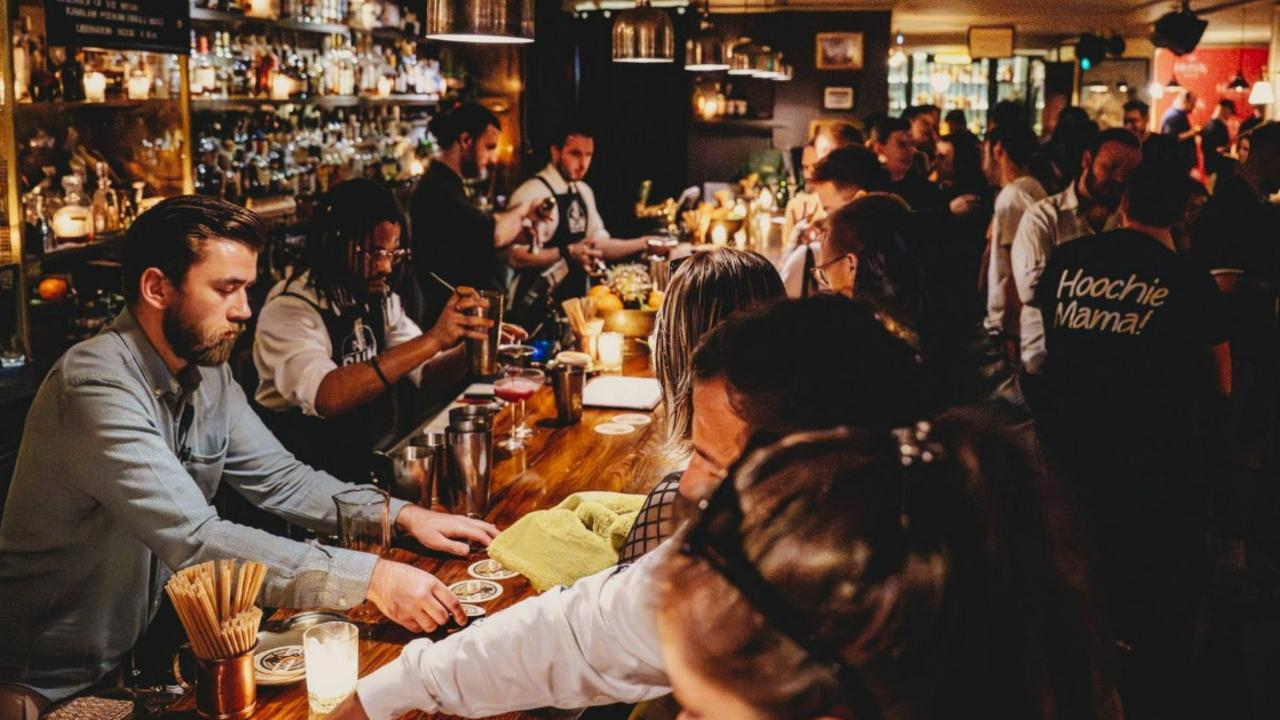Toowoomba Festival of Food and Wine to be ‘refreshed’ by Carnival of Flowers, CBD businesses react to latest report
A marquee Toowoomba CBD festival that once hosted John Farnham looks set to be “refreshed” by the council, in a move that has raised alarm bells among business owners.
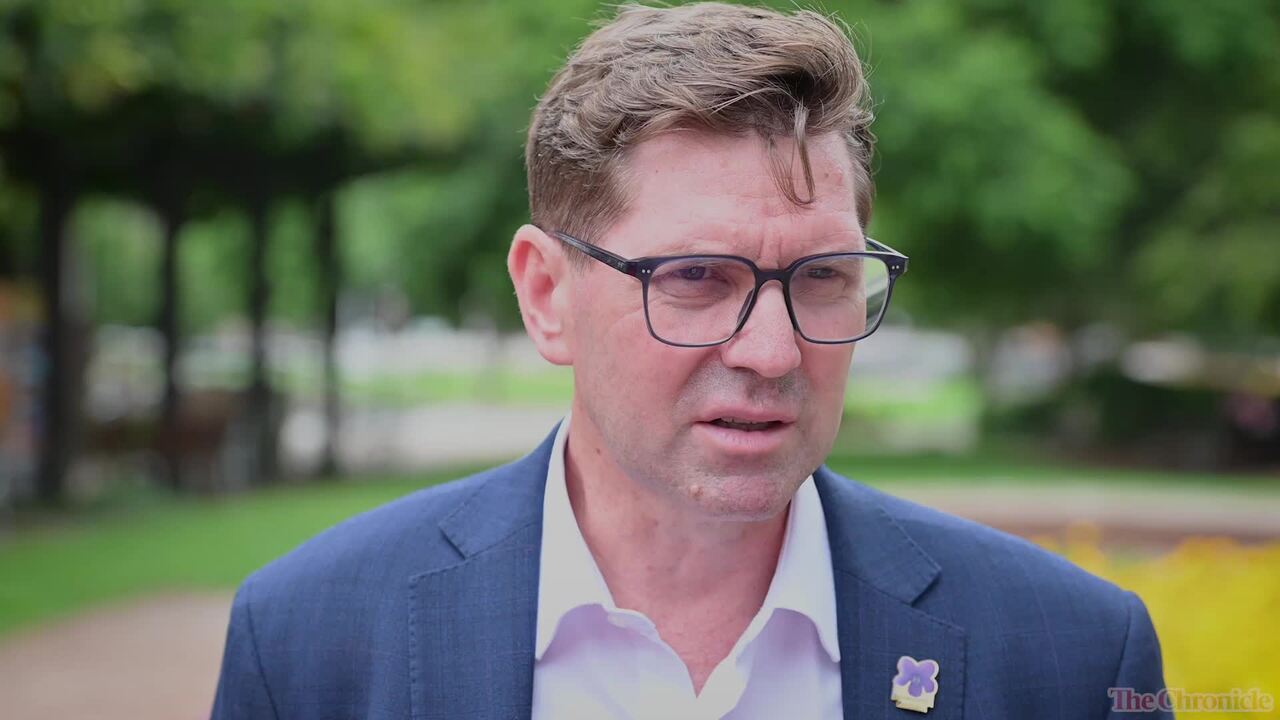
Business
Don't miss out on the headlines from Business. Followed categories will be added to My News.
Toowoomba CBD business owners say they were not consulted on the likely axing of a marquee event of the Carnival of Flowers, which they say represented a lucrative weekend for the city’s struggling hospitality sector.
The Festival of Food and Wine looks set to be heavily reshaped, after it was described as a “predictable” event in need of a refresh by Carnival of Flowers (TCOF) organisers.
The conclusions were laid out in a new report into the 2024 carnival, which was presented to the Toowoomba council at Wednesday’s committee meetings.
News of the festival’s expected demise has been met with concern from the CBD’s business community, with some arguing its axing would be a “real shame” and would potentially affect the number of overnight stays as well as revenue for cafes, bars and hotels.
News Corp revealed last month the Festival of Food and Wine was missing from this year’s sponsorship prospectus for the carnival, fuelling speculation the event was on the chopping block.
The report, which painted a rosy outlook for the Toowoomba Carnival of Flowers overall, expressed long-term concerns for the Festival of Food and Wine despite it attracting 17,400 people in 2024 (up from 13,900 in 2023).
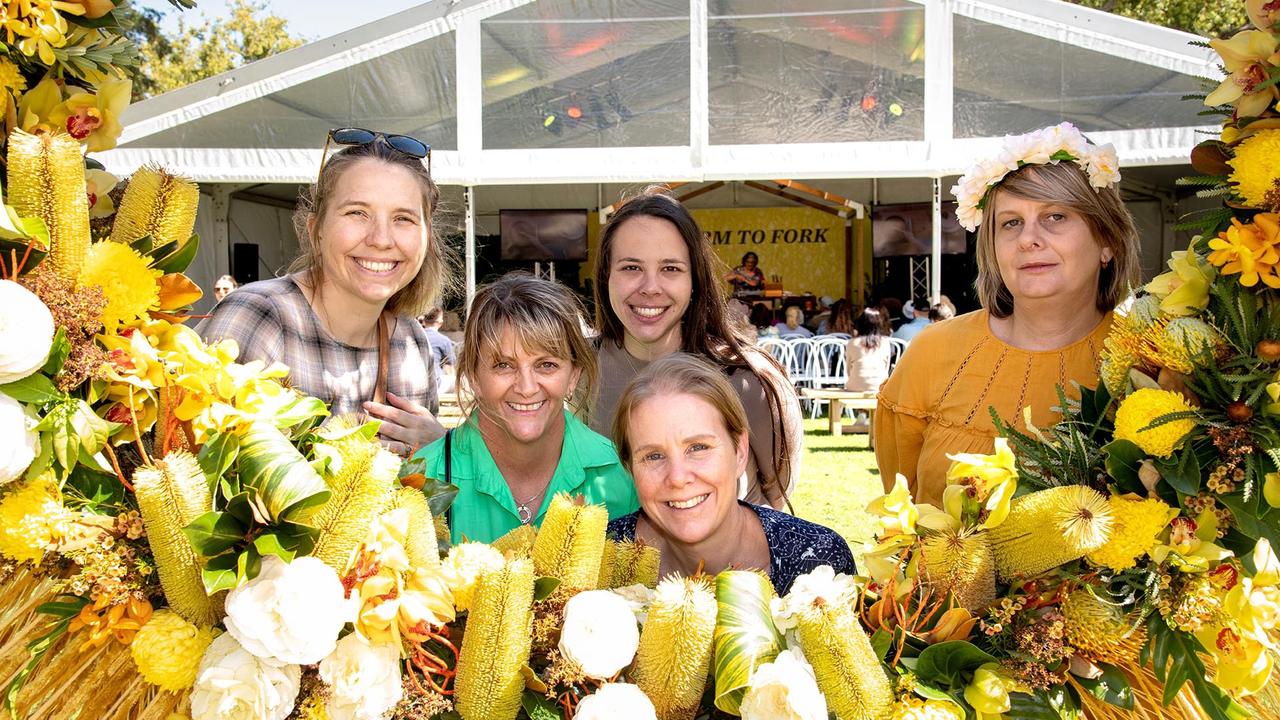
“While the 2024 event had positive moments, overall, this event needs a refresh as the format is ‘predictable’ and once again failed to cover costs (costing council $91,000),” the document said.
“Many income generating strategies and interventions were enacted including a giveaway of 2750 tickets in promotional campaigns to drive attendance to bolster opportunities to spend with stallholders.
“The festival is reviewed annually through ticket sales (timings and demographics), scanning in and out of tickets (visitor length of stays and on-site patronage), pinch points around food lines and toilets, people exiting before headliner music act (the biggest expense the event incurs), site capacity and liquor licensing restrictions.
“Our risk of exposure to weather impacts, attendance numbers fluctuating and a dwindling list of well-known available musicians means the (main stage element) of the event should be seriously considered during the development of the next strategic plan.”

The $91,000 loss the festival drove was worth just seven per cent of the $1.34m the council spent underwriting the entire carnival.
The report also revealed the event attracted more tourists in 2024 (37 per cent, up from 30 per cent), with organisers arguing this downturn in local turnout was an “opportunity to refresh” it.
Outgoing carnival co-ordinator and report author Kate Scott told councillors the festival had not returned to the record crowds witnessed before the Covid-19 pandemic, with 2019’s edition (headlined by John Farnham) attracting more than 28,000 people.

“The event has been generating a loss for council and those losses have varied over the years,” she said.
“(While) we see that as an investment in the tourism industry to drive visitation, the event has not picked up since Covid, so it has lost traction in attendance and also the viability of the event overall.
“A number of supplier costs (are) overreaching what we can achieve with the event.”
When asked by mayor Geoff McDonald when the five-year strategic plan would be presented to the council, Ms Scott said several vendor contracts needed to be signed before it could be revealed.
“The next six weeks are pivotal in trying to lock in procurements, once that’s done we’ll be able to bring a report to council for the next five years,” she said.
“We want to look at how we can showcase this region in the very best light it can — those foundations are not going to be changing.”
Overall, the Carnival of Flowers managed to inject $24m into the region’s economy in 2024, attracting 470,000 people over the four weekends and delivering 49,000 overnight stays.
These figures were up significantly from 2023.
Toowoomba Chamber of Commerce chief executive Todd Rohl called the potential changes to Food and Wine a “step backwards” for the city and the event.
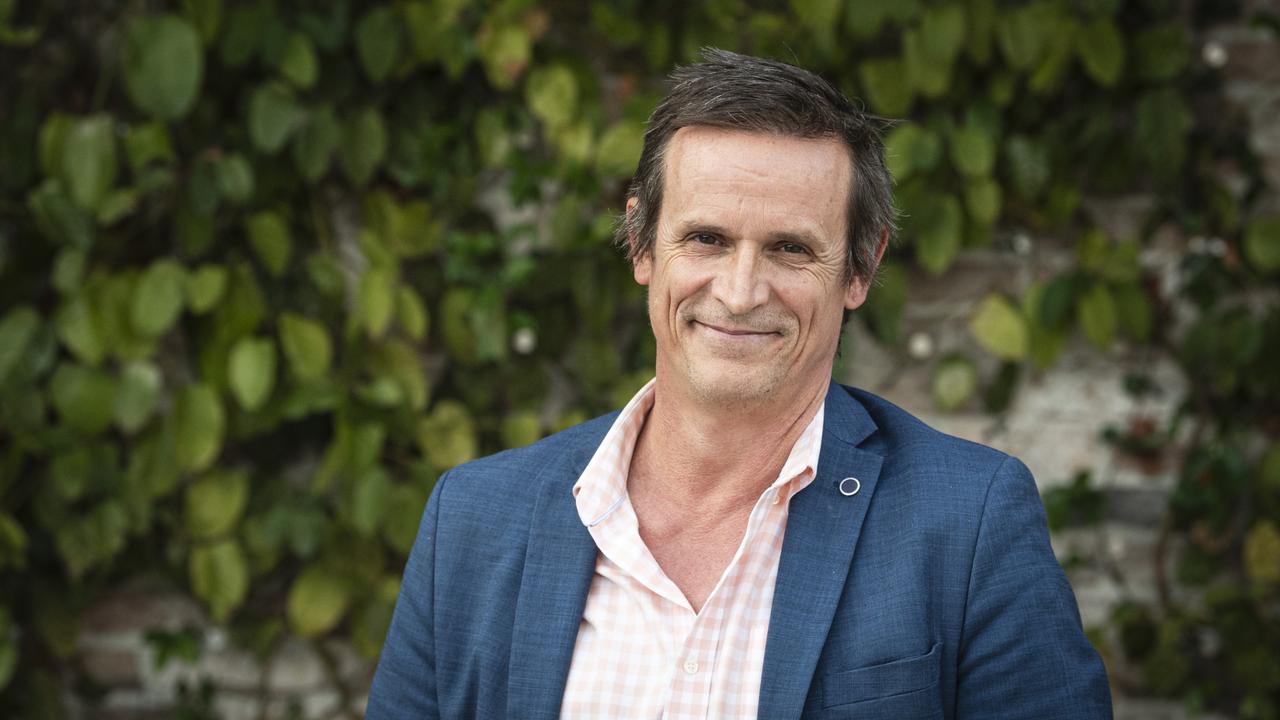
“Feedback from our members has pointed out that the outcome of the meeting has not provided any real clarity, options, or clear decision-making about the future of the event,” he said.
“One conclusion expressed to me by a chamber member is that a further six-week delay, makes it seem inevitable that the Food and Wine Festival will be lost by a decision by council to remove or replace it as outlined in their prospectus document.
“It is a big loss for local business, from coffee shops to accommodation providers which have not been engaged in this decision-making process.
“We believe its removal is a step backwards for the region and has the potential to impact on the city’s brand and reputation.”
Business community reacts to Food and Wine changes
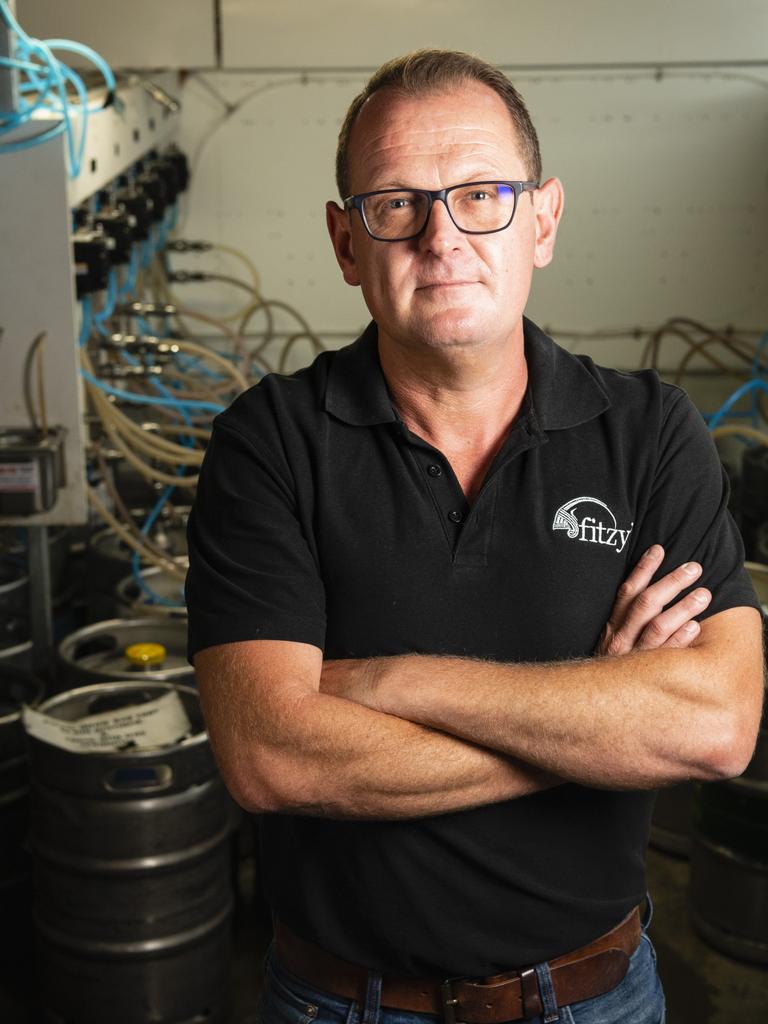
Toowoomba CBD business owners expressed sadness at news the Festival of Food and Wine wouldn’t go ahead in its current form, with concerns raised over the loss of tourism.
Fitzy’s owner Brad Fitzgibbons said while he understood council events needed to be financially sustainable, he believed the festival weekend delivered intangible benefits to Toowoomba.
“Irrespective of revenue and income, there’s just a buzz around town — there are certainly people out and about and excited about having something different go on in the beautiful town in spring,” he said.
“While I definitely acknowledge the council’s position on it, it’s a real shame for the town, that’s for sure.
“What the council really needs to do, and I’m sure they have, is to look at the economic benefit for the region.
“I understand it cost the council $90,000 out of pocket but at the end of the day, what was its value to the community and businesses around it?”
Bone Idol Brewery owner Alister Ferguson questioned whether the difficulties experienced by the festival were simply the product of a challenging economy rather than loss of interest in the event itself.
He also believed the $91,000 underwrite was minor if you “looked at it as a marketing spend”.
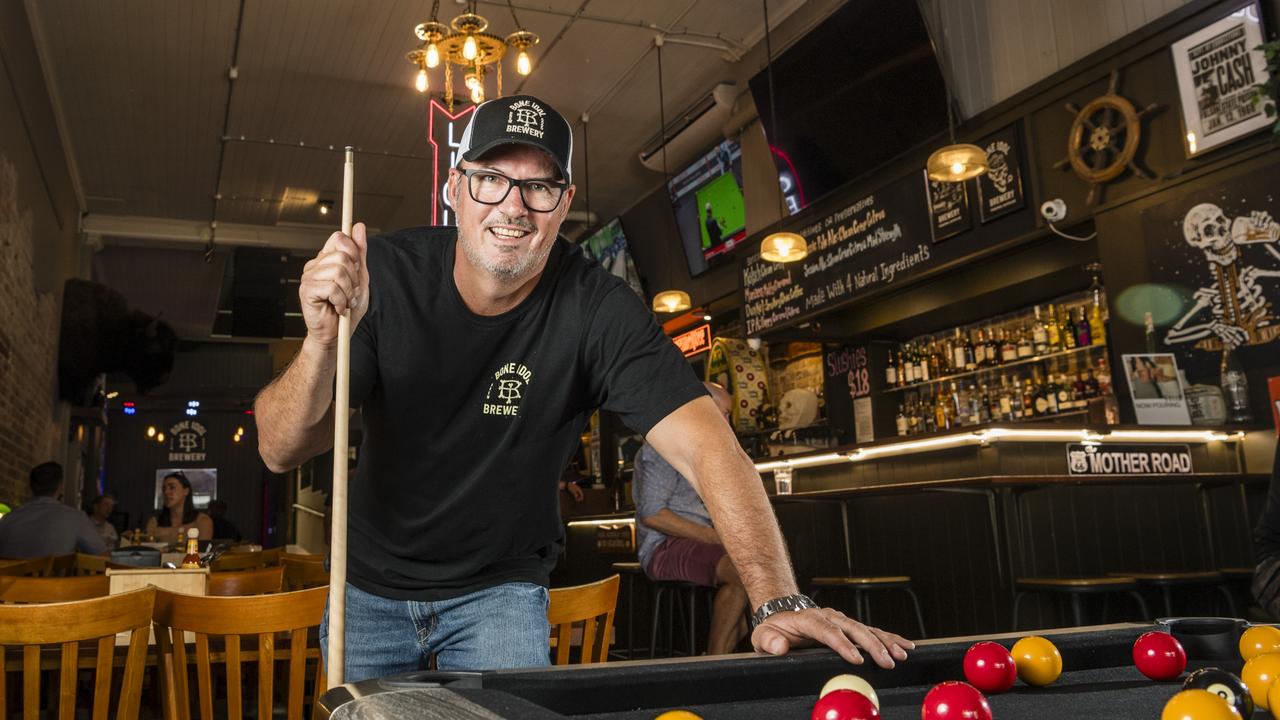
“The economy is going through a really tough time, discretionary spending is out the window and is it that they’re doing the wrong job or is it just that you’re living through what everyone else in hospitality is living through?” Mr Ferguson said.
“What you potentially lose is (tourism) because a lot of people come up to Toowoomba for it, like specifically that.
“If you take it away, you might find you’ll pay for it somewhere else.
“I wouldn’t look at it as a loss, I’d look at it as a marketing spend.”
In contrast, Tailgate Sports Bar owner Ben Whibley-Faulkner said he felt the weekend of the festival had seen diminishing returns.
“As we’ve been in business for four years, it has definitely died off every year since we opened,” he said.
“People aren’t super excited about it anymore, it definitely does need a refresh — it just doesn’t seem to drive people into the CBD like it did.”








